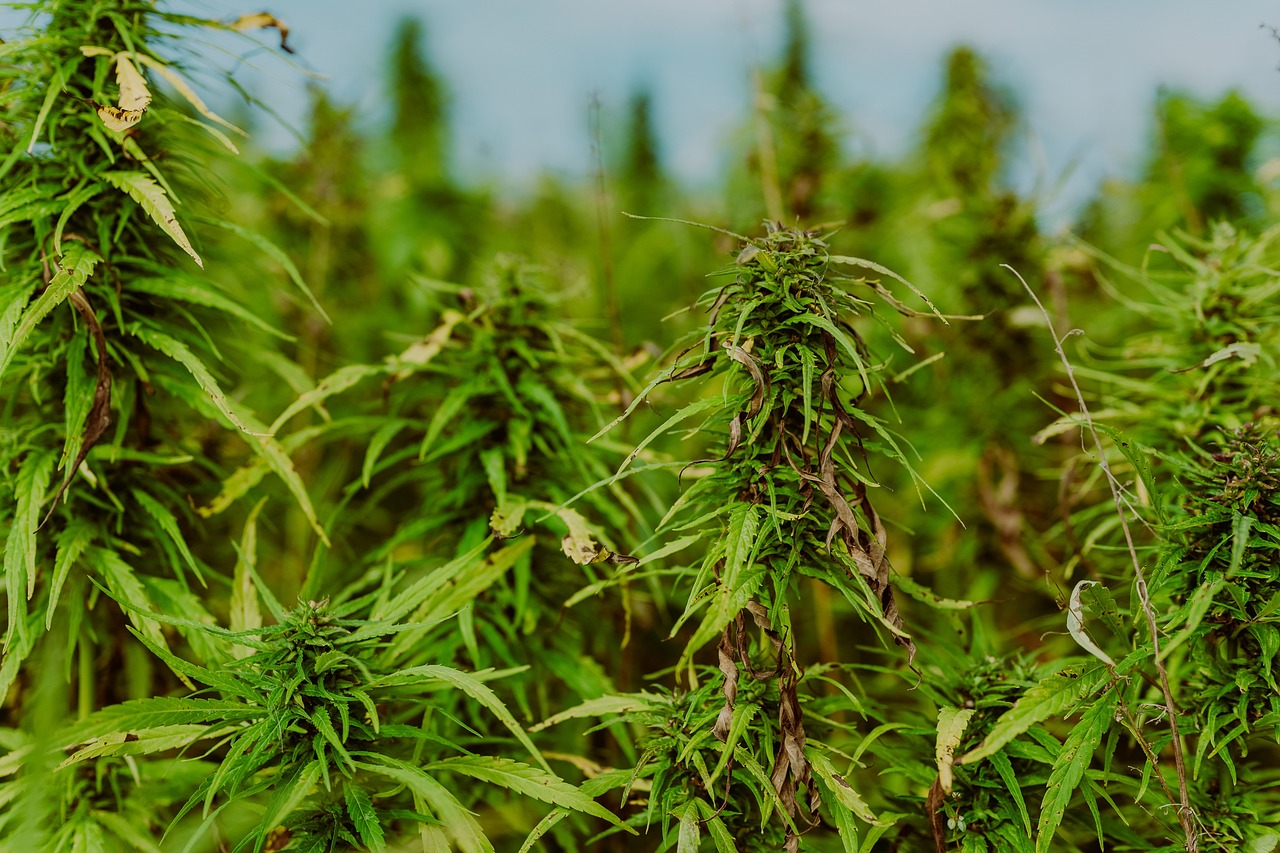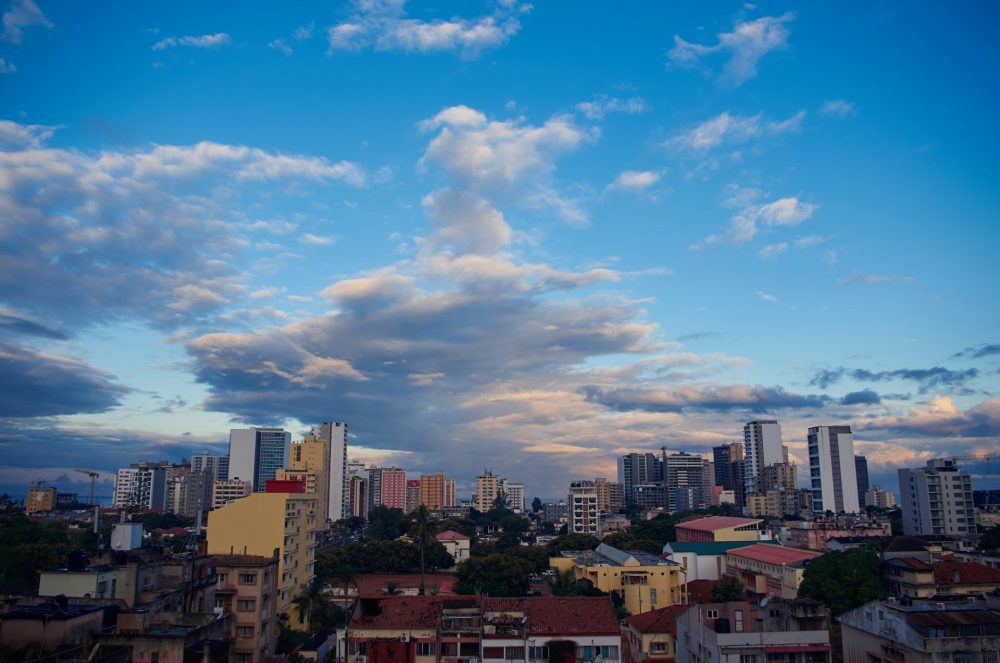Cannabis
Spain Plans to Spend €395,000 Per Year for the Destruction of Illegal Cannabis Plantations
The Spanish Ministry of Interior will pay €395,000 annually for the liquidation of large cannabis plantations due to a lack of resources and preparation by the Forces and Security Services. Spain, identified as the largest cannabis plantation hub in Europe, witnessed a surge in confiscations from 377,458 plants in 2015 to 3,350,969 plants in 2022. The rising trend is expected to continue in 2023.

In recent years, cannabis plantations in Spain have expanded significantly. Every year, the police remove millions of cannabis plants, but the problem is still huge. Now the authorities are announcing a competition in which they offer hundreds of thousands of euros for help in their disposal.
Read more about cannabis plantations in Spain and find the latest cannabis news of the day with the Hemp.im mobile app, available for free for both Android and iOS devices.
Police services in Spain are unable to cope with eliminating the increasingly common cannabis plantations in the country
Their number, according to information from the Ministry of the Interior, increased especially during the Covid-19 pandemic, both in agricultural areas and in buildings. The Ministry of Interior reported that last year, Spanish police seized a record number of over 3.3 million cannabis plants.
According to the Ministry of the Interior, compared to 2015, the number of cannabis confiscated by the police increased by almost 800 percent. Sources in the Spanish Ministry of Interior, quoted by Infobae , emphasize that numerous illegal cannabis plantations are still being discovered in 2023, and their number is so large that the Spanish authorities are unable to remove them on their own.
Therefore, on Monday, the Ministry of the Interior announced a tender for the liquidation of cannabis plantations confiscated by the police and gendarmerie. The winner of the competition will receive €395,000 per year. “The tender concerns the liquidation of large plantations that were confiscated by court judgment. Their number has increased significantly recently, both in open areas and in buildings,” explained the ministry.
The Spanish Ministry of Interior will pay the company €395,000 a year because it is unable to destroy all confiscated cannabis plantations
The new contract is the result of a lack of appropriate resources and preparation on the part of the Forces and Security Services. The regions most affected are Madrid, Andalusia, Valencia and Catalonia.
On December 7th last year, the National Police in Spain dismantled five cannabis plantations with 37,000 plants in the province of Barcelona, one of which was hidden in an abandoned club. A few days earlier, on December 3rd, the Civil Guard confiscated another plantation with 9,000 plants hidden in the Cabanillas del Campo industrial hall in Guadalajara. This has become routine for the Anti-Drug Forces and State Security Services, which claim that Spain has become the largest cannabis plantation in all of Europe.
The numbers speak for themselves. In 2015, 377,458 plants were confiscated (an average of 1,034 each day). In 2022 (the latest data available), 3,350,969 plants were confiscated (an average of 9,180 per day), an increase of 787 percent. Data for 2022 is a record high since these statistics began.
This upward trend is expected to continue until the end of 2023. Seizures are increasing year by year, as is the amount of cannabis on the black market. In 2022, 144,734 kilograms were seized, an increase of 4 percent compared to 2021 but 99 percent more than the previous year.
On December 11th, the Ministry of the Interior announced a tender for a contract for the “liquidation of large cannabis plantations” worth 395,000 per year. The removal of large plantations is one of the main logistical problems currently faced by the Security Forces and Services. Illegal crops of this type have increased significantly in recent years, both outdoors and indoors, which, in accordance with a court ruling, must be destroyed in order not to reach the market, explains the Ministry.
The contract is divided into five parts, depending on the geographical regions where most plantations are confiscated: Almeria; Granada and Malaga; Madrid and neighboring areas, Valencian Community and Catalonia. In the summer of 2021, 5.6 tons of ready-to-eat marijuana, which was to be sent to the UK, was confiscated in an industrial hall in La Mojonera (Almeria) Benemerita. It was “the largest seizure of this substance in the history of police operations in Spain.”
The three Andalusian provinces and the entire Levantine coast lead in seizures. Today, Spain is the country’s largest producer of marijuana and its largest exporter. According to the European Drugs Report, Spain accounts for 66 percent of all cannabis seizures across the continent.
__
(Featured image by Studio32 via Pixabay)
DISCLAIMER: This article was written by a third party contributor and does not reflect the opinion of Born2Invest, its management, staff or its associates. Please review our disclaimer for more information.
This article may include forward-looking statements. These forward-looking statements generally are identified by the words “believe,” “project,” “estimate,” “become,” “plan,” “will,” and similar expressions. These forward-looking statements involve known and unknown risks as well as uncertainties, including those discussed in the following cautionary statements and elsewhere in this article and on this site. Although the Company may believe that its expectations are based on reasonable assumptions, the actual results that the Company may achieve may differ materially from any forward-looking statements, which reflect the opinions of the management of the Company only as of the date hereof. Additionally, please make sure to read these important disclosures.
First published in Fakty Konopne. A third-party contributor translated and adapted the article from the original. In case of discrepancy, the original will prevail.
Although we made reasonable efforts to provide accurate translations, some parts may be incorrect. Born2Invest assumes no responsibility for errors, omissions or ambiguities in the translations provided on this website. Any person or entity relying on translated content does so at their own risk. Born2Invest is not responsible for losses caused by such reliance on the accuracy or reliability of translated information. If you wish to report an error or inaccuracy in the translation, we encourage you to contact us

-

 Impact Investing1 week ago
Impact Investing1 week agoEnfinity Launches First Solar Plant in Italy with Microsoft
-

 Africa2 weeks ago
Africa2 weeks agoMozambique Nears End of Rate Cuts as Flooding Risks Mount
-

 Markets3 days ago
Markets3 days agoSilver Dips Sharply, While Gold Gains Amid Mixed Stock Market
-

 Crowdfunding1 week ago
Crowdfunding1 week agoEvenFi Launches Run-Off Service to Protect Investors as Crowdfunding Platforms Exit





















